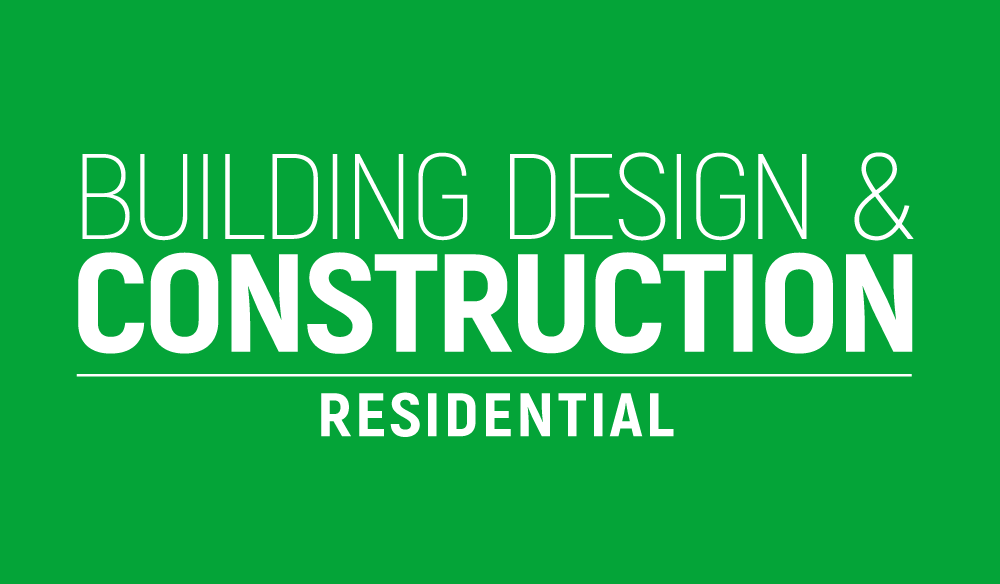Property development can be an incredibly profitable outlet for investors as it allows them to save money on real estate, make money from their work, build and diversify their property portfolios, and obtain easier finance on completion, which gives them better leverage for further investment plans.
Property development is not rocket science, so you don’t need extensive knowledge or qualifications to get started. It does, however, require hard work, resolve and perseverance, and a positive attitude to the challenges and risks that buying and developing real estate entails.
Property developing boils down to identifying opportunities at the right time in the property market, improving a property, and then profiting from your work by increasing its market value. For the majority of new investments, property development is focused on small to medium-sized residential projects.
Key responsibilities include researching land and evaluating whether a project is viable in terms of delivering a potential profit. If you believe that a property has exciting potential for renovation, you can then move on to creating a property development plan. This is where industry-specific knowledge is required, as you will set out step-by-step outlines for the resources that you need, staff that must be employed, legal requirements and obligations adhered to, and other project specifics. Skills in project management are very useful at this stage. Remember to never brush over compliance as you will need permissions and permits before starting any development work.
The final phase of a development project is centered on completing the actual work. You will have to liaise with construction managers, architects, investors and other expert third parties to ensure that everything runs smoothly and the project is completed on time and enables you to maximize your return on investment. The overall day-to-day running of a property development business is focused on research and management.
Success stories
There are scores of self-made property development and real estate magnates earning high salaries in this industry. Ali Seytanpir has used his expertise in the housing market in the UK to complete a range of successful projects. A selection of the world’s richest tycoons in the US, Asia and Europe, including Wang Jianlin, with a net worth of $28.7bn, also earn a large portion of their fortunes from real estate and development.
Mitigating risks
Risk management is a crucial aspect of property development. The first pitfalls that inexperienced investors often fail to consider are increases in interest rates and construction costs. When taking out a loan for your project, you should always consider the possibility that interest rates may increase during the development cycle, as work can take several years. You may want to opt against borrowing large sums at low interest rates as you could struggle to meet loan commitments in the long term.
Construction costs are also prone to fluctuation. Those new to the industry often set construction expenses as part of their overall budget without thinking about how the project may change if these costs rise, which they are prone to on an annual basis in the construction industry. If you are caught out, you may have to borrow more or scrap the project entirely. To guard against this issue, always have a contingency plan and fund in place so that you can scale your development project up and down to cater to changing circumstances.
Cyclical movement in the property market should also be a consideration as factors outside of your control can lower the value of your property or hike up holding costs. An understanding of boom and bust cycles will stand you in good stead and help you to time your projects to maximize returns. Also, factor in supply and demand and consumer confidence and any other social issues that may impact on your projects.
Disputes with contractors, freelancers and other third parties can derail a project completely, so it is important that everyone involved knows where they stand from the start. Document every deal that you complete via a formal contract. Try to be diplomatic if any issues arise and attempt to resolve them quickly as delays can be disastrous for your budget and schedule. Be wary that local and state government can bring in new legislation that may scupper your current planning permissions, so always keep up to speed with law changes.
What next?
You can start preparing your first project by working out your budget. Think about the size of mortgage that you can sustain and how much money you want to sink into renovation. Get to grips with the housing market that you are targeting and begin negotiating with agents, visiting property auctions and browsing the net to find the right property. Accounts, lawyers, architects, engineers, finance and property strategists and project managers can all help you on your quest to support a successful property development career.





